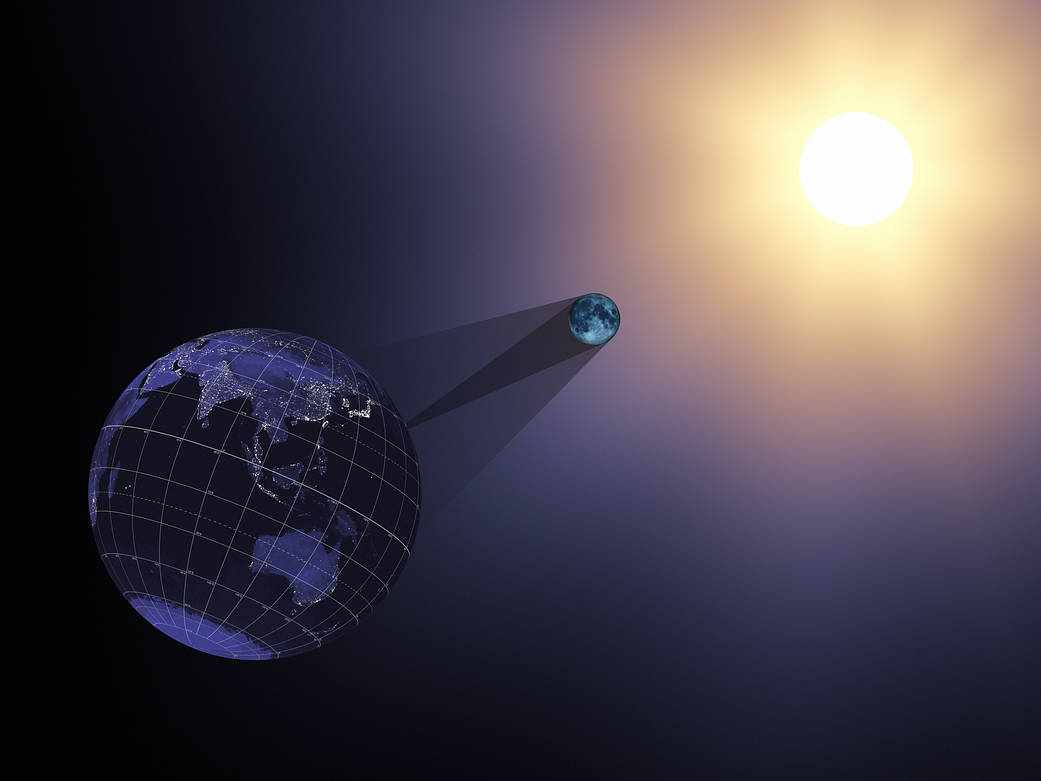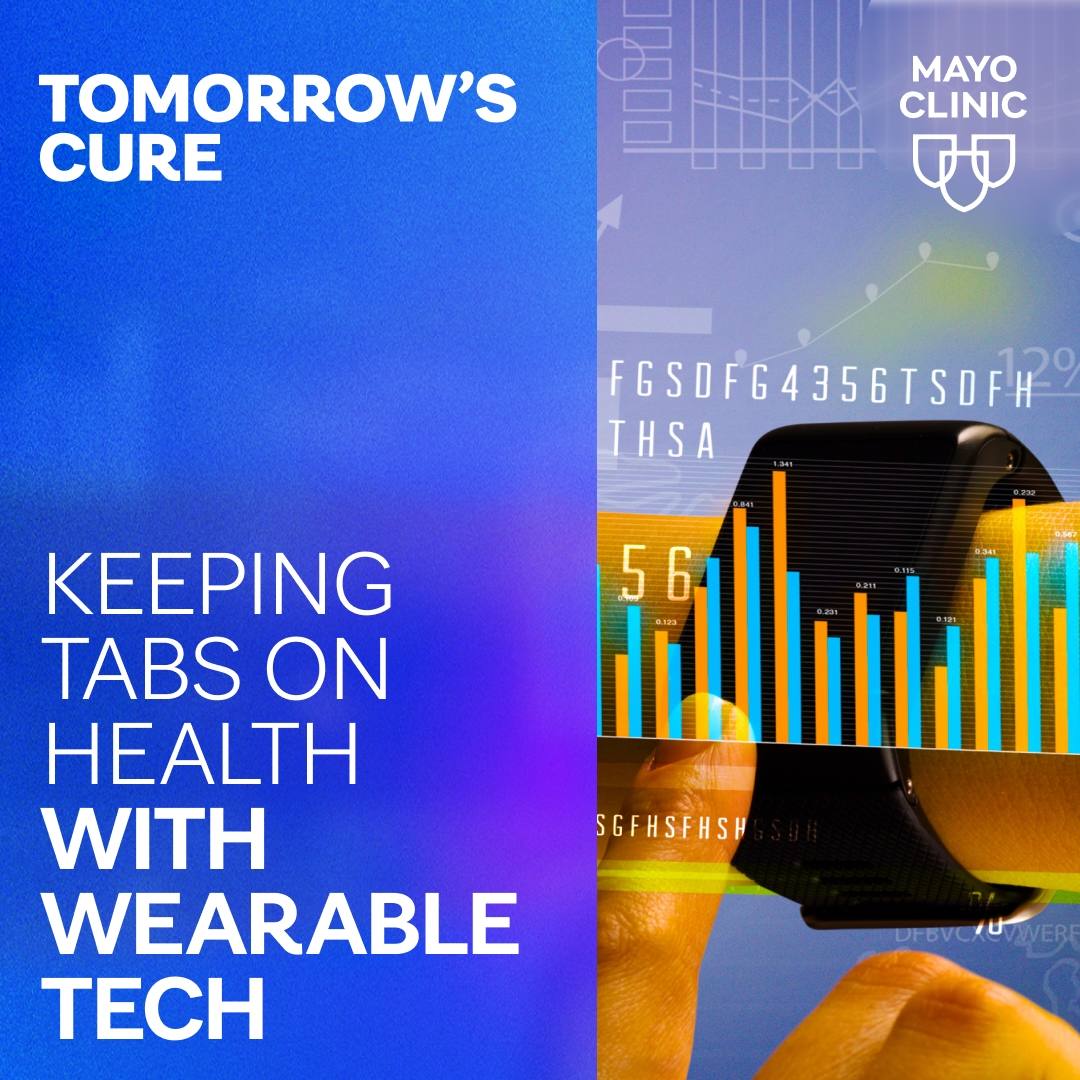-
How to watch the solar eclipse safely
On Aug. 21, weather permitting, a solar eclipse — when the moon blocks the sun — will be visible in North America. A total eclipse will occur in certain locations in the U.S., and a partial eclipse will be visible across the rest of the country. While the eclipse is going to be a momentous occasion, it’s something experts say you need to enjoy safely.

“Looking into any type of eclipse, partial or total, poses serious risks to your eyes. You could permanently damage your retina or even cause blindness,” says Anna Kitzmann, M.D., a Mayo Clinic Health System ophthalmologist. “You need to use solar eclipse glasses or a solar viewer to be completely safe. Regular sunglasses and homemade solar filters are not safe to use.”
Dr. Kitzmann advises eclipse viewers to follow these safety tips from the American Academy of Ophthalmology and the American Astronomical Society:
- Carefully look at your solar filter or eclipse glasses before using them. If you see any scratches or damage, don’t use them.
- Always read and follow all directions that come with the solar filter or eclipse glasses. Help children use handheld solar viewers and eclipse glasses correctly.
- Before looking up at the bright sun, stand still and cover your eyes with your eclipse glasses or solar viewer. After glancing at the sun, turn away and remove your filter — don’t remove it while looking at the sun.
- Never look at the uneclipsed or partially eclipsed sun through an unfiltered camera, telescope, binoculars or other similar devices. This is important even if you’re wearing eclipse glasses or holding a solar viewer at the same time. The intense solar rays coming through these devices will damage the solar filter and your eyes.
- Talk with an expert astronomer if you want to use a special solar filter with a camera, a telescope, binoculars or any other optical device.
“Have fun watching the solar eclipse, but be sure your eyes are properly protected,” adds Dr. Kitzmann.







